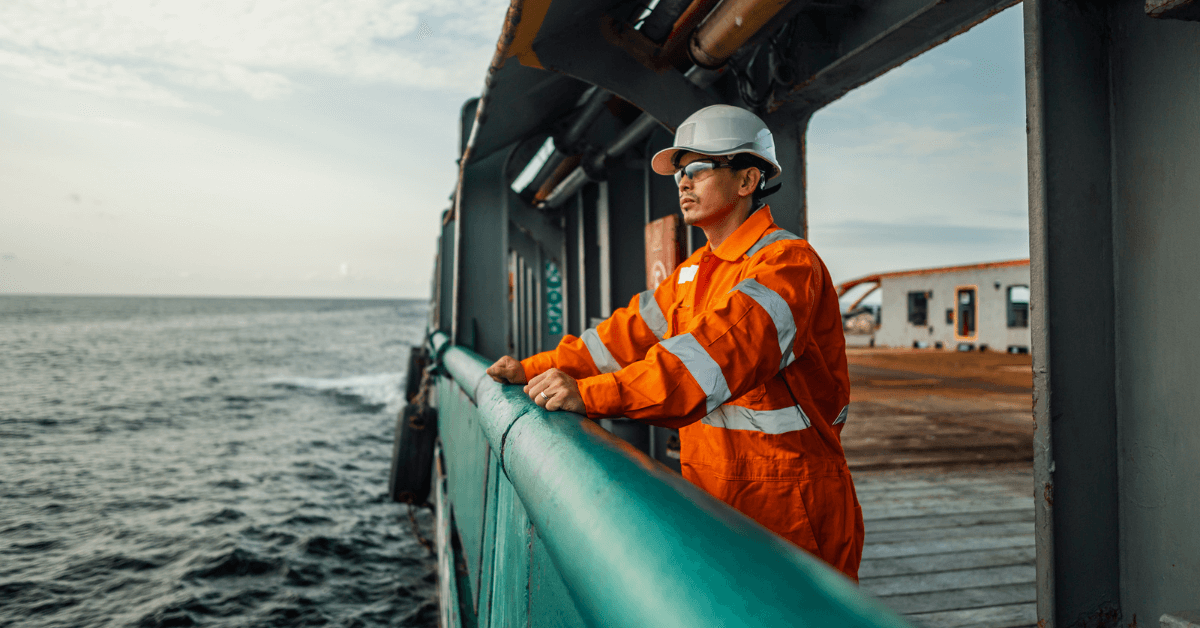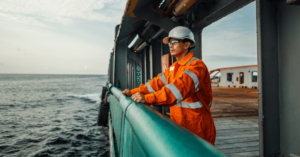
Oman’s SOHAR Port Introduces Port Management Information System ‘Marasi’
January 13, 2025
One Of The World’s Largest Gas Fields Cuts Off Supplies To Bulgaria & Serbia
January 13, 2025

The number of seafarers abandoned at sea surged to an all-time high in 2024, with 310 cases reported globally. This marks a 118% increase compared to 2023’s record of 142 cases, according to the International Maritime Organization (IMO).
Experts have linked this sharp rise to the increasing size of the shadow fleet, which includes vessels carrying sanctioned oil and operating under minimal oversight.
The situation has worsened greatly in the 2020s. Due to the COVID-19 pandemic, abandonment cases have grown in tandem with the rise of ships operating under so-called “fake flags.”
The 2024 total is nearly 2000% higher than the number of cases reported a decade ago.
The IMO, in a joint report with the International Labour Organization (ILO), described the rise in abandonment cases as “alarming and very excessively” surpassing previous records.
The report highlighted the urgent need for stronger measures to protect seafarers and address the systematic issues associated with the crisis.
Seafarer abandonment happens when a shipowner fails to fulfil their responsibilities, like paying wages, covering repatriation costs, or providing basic necessities like food and medical care.
In such cases, seafarers are left stranded on vessels, often with no means of returning home.
Steven Jones, founder of the Seafarers Happiness Index, said the growing issue of abandonment overshadows the maritime industry’s achievements.
He said that fake flags, dark fleets, and regulatory loopholes have created a breeding ground for exploitation, calling for a complete system overhaul to protect seafarers and hold abusive shipowners accountable.
Steve Trowsdale, inspectorate coordinator at the International Transport Workers’ Federation (ITF) has previously criticised the industry for treating seafarers as “throw-away commodities.”
In late 2022, the IMO and ILO developed guidelines to tackle seafarer abandonment. These guidelines outline steps that should be taken when a shipowner fails to meet their obligations.
Measures include ensuring repatriation, paying outstanding wages, and providing essentials like medical care.
The guidelines also recommend that countries create standard operating procedures (SOPs) in cooperation with welfare organizations, shipping agencies, and other stakeholders.
These SOPs aim to define the roles and responsibilities of all parties involved in supporting abandoned seafarers. Despite these guidelines, the rise in cases over the last two years shows how deeply rooted the problems are.
Experts warn that the industry needs stricter enforcement of regulations and better coordination among governments, shipping agencies, and welfare boards.
The IMO and ILO have called for swift action to address the issue, adding that failing to do so will continue to harm seafarers and tarnish the reputation of the shipping industry.
Reference: Ukrainian Shipping Magazine
Source: Maritime Shipping News


